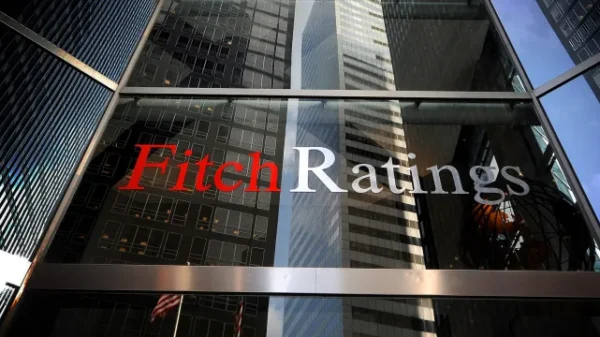PECA Amendments
Journalist organizations across Pakistan have announced that they will observe Friday, January 31, as “Black Day” in protest against the newly approved amendments to the Prevention of Electronic Crimes Act (PECA) 2016.
The move comes just a day after President Asif Ali Zardari gave his assent to the PECA (Amendment) Bill 2025, sparking outrage among journalists, opposition parties, and civil rights activists.
The controversial bill was swiftly passed in both the Senate and National Assembly despite strong opposition from media bodies and political rivals. Critics argue that the amendments pose a serious threat to press freedom and freedom of speech, granting the government broad powers to control digital content and penalize dissent.
In response, the Pakistan Federal Union of Journalists (PFUJ) has called for nationwide protests, announcing that black flags will be hoisted at press clubs and union offices across the country. Journalists participating in the demonstrations will wear black armbands while carrying out their professional duties as a sign of resistance.
PFUJ President Afzal Butt and Secretary Arshad Ansari released a joint statement condemning the government’s decision, criticizing lawmakers for failing to consult journalists and media organizations before passing the bill. They expressed disappointment that the president signed the bill into law without giving journalists a chance to present their concerns.
“A press freedom movement has been launched,” declared the PFUJ leadership, adding that they plan to escalate their protests by organizing a sit-in outside Parliament House in Islamabad.
The Journalists’ Joint Action Committee (JAC), which includes leading media organizations such as the Pakistan Broadcasters Association (PBA), All Pakistan Newspapers Society (APNS), Council of Pakistan Newspaper Editors (CPNE), and the Association of Electronic Media Editors and News Directors (AEMEND), has fully endorsed the PFUJ’s protest call.
In a formal declaration, the JAC rejected the PECA amendments outright, stating that the changes were passed without consulting key stakeholders in the media industry. The committee vowed to launch both public and legal battles against the new cybercrime regulations, emphasizing that the amendments would curtail journalistic independence and silence dissenting voices.
JAC members also announced plans to collaborate with civil society groups, human rights organizations, and legal bodies to mount a broader resistance. They confirmed that legal consultations were underway to challenge the amendments in court, with a petition expected to be filed soon.
Media professionals fear that the PECA amendments will be used as a tool for censorship, allowing authorities to suppress critical journalism, online activism, and social media discourse under the guise of cybercrime prevention.
The law’s vague wording and increased penalties for digital offenses have raised concerns that it could be weaponized against journalists, opposition figures, and civil society activists.
The journalist community, supported by legal experts and human rights defenders, has vowed to continue its struggle for press freedom and digital rights, warning that restricting free speech will have long-term consequences for democracy in Pakistan.
With protests planned across the country and legal action on the horizon, the PECA amendments are set to become a major flashpoint between the government and media organizations in the coming weeks.










